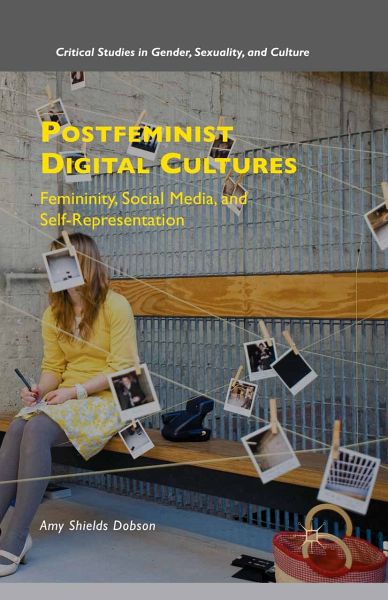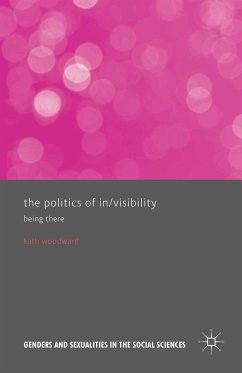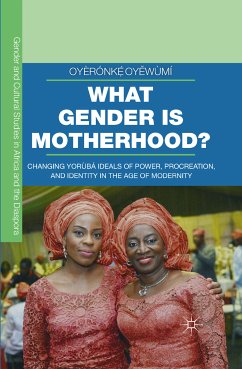
Postfeminist Digital Cultures (eBook, PDF)
Femininity, Social Media, and Self-Representation
Versandkostenfrei!
Sofort per Download lieferbar
104,95 €
inkl. MwSt.
Weitere Ausgaben:

PAYBACK Punkte
52 °P sammeln!
This book explores the controversial social media practices engaged in by girls and young women, including sexual self-representations on social network sites, sexting, and self-harm vlogs. Informed by feminist media and cultural studies, Dobson delves beyond alarmist accounts to ask what it is we really fear about these practices.
Dieser Download kann aus rechtlichen Gründen nur mit Rechnungsadresse in A, B, BG, CY, CZ, D, DK, EW, E, FIN, F, GR, HR, H, IRL, I, LT, L, LR, M, NL, PL, P, R, S, SLO, SK ausgeliefert werden.












